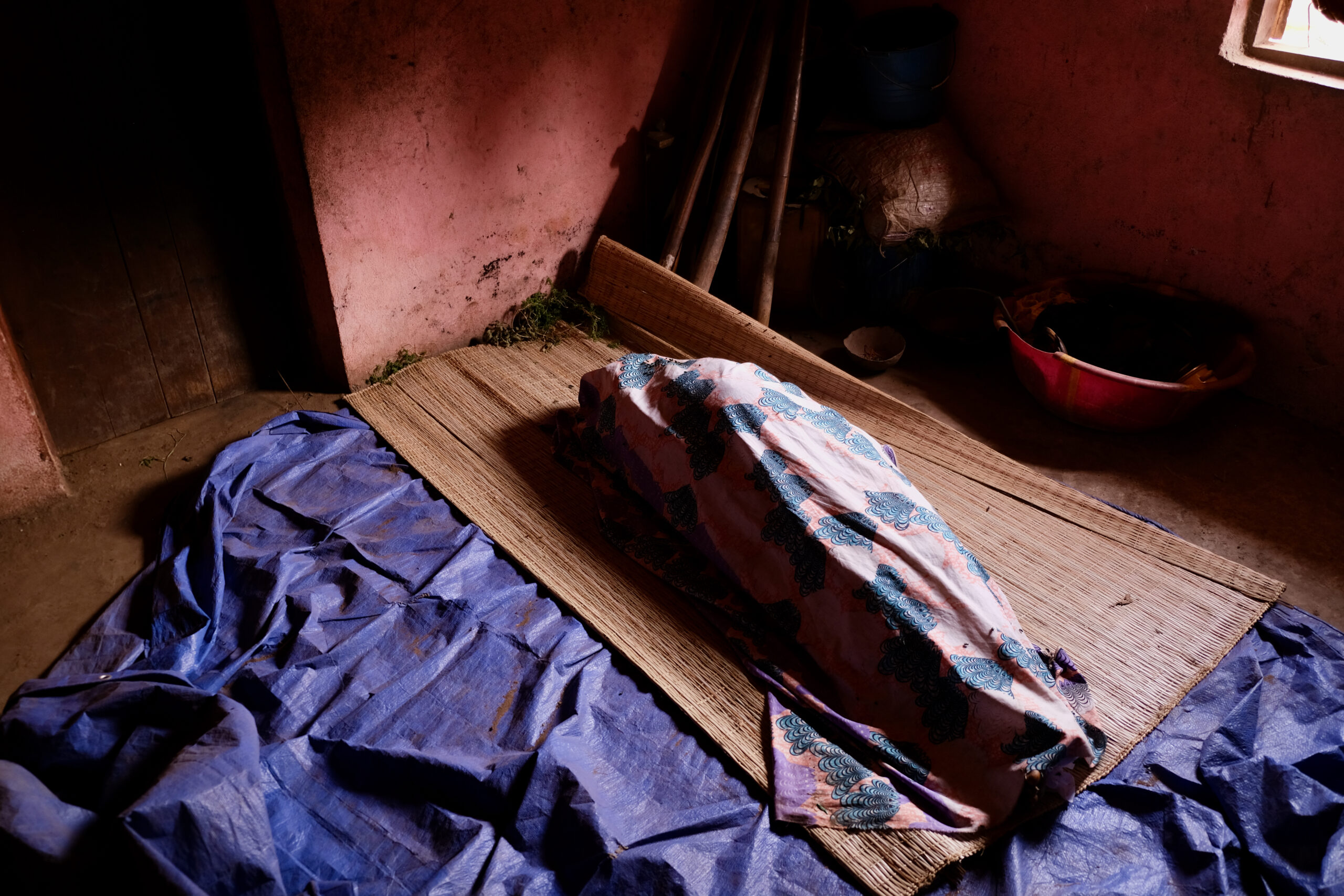
Sierra Leone’s Ministry of Gender and Children Affairs has responded to CNN’s and other outlets’ reporting about three girls who died after their genitals were cut, and has issued assurances that “justice will be appropriately served.”
The ministry added in a statement that it is working with law enforcement agencies “to ensure safety and protection of children from harm and to prevent a reoccurrence of these unfortunate episodes.”
In a story published on Tuesday, CNN reported that two girls had died after they were subjected to female genital mutilation (FGM) as part of their initiation into the women-only secretive Bondo Society.
For one of the girls, 13-year-old Salamatu Jalloh, her body was left wrapped in a cloth after local police warned villagers not to bury her until a postmortem had been conducted. At the time of reporting, her body had been decomposing for four days. The other young woman, 17-year-old Kadiatu Bangura, had been hurriedly buried – her body later exhumed after CNN visited her burial site along with anti-FGM activist, Rugiatu Turay.
The rite of passage into womanhood, known as Bondo, is practiced across Sierra Leonean society and data collected by the United Nations shows that more than four in five women in the country have been cut. Turay has introduced an alternative ritual where the celebratory and community-building aspects of Bondo are preserved but the ceremony is bloodless.
Despite these high numbers, Sierra Leone’s government has spent decade debating legislation against FGM. The Minister, Isatah Mahoi, told CNN: “We are looking forward to seeing it come to an end. (But) you prepare communities. You don’t just go and stop a practice in one day.”
FGM involves the partial or total removal of the external female genitalia. The United Nations Children’s Fund (UNICEF) estimates that at least 200 million girls and women in 31 countries have undergone one of four types of FGM. Sierra Leone has the seventh-highest FGM rate in Africa, according to UNICEF.


